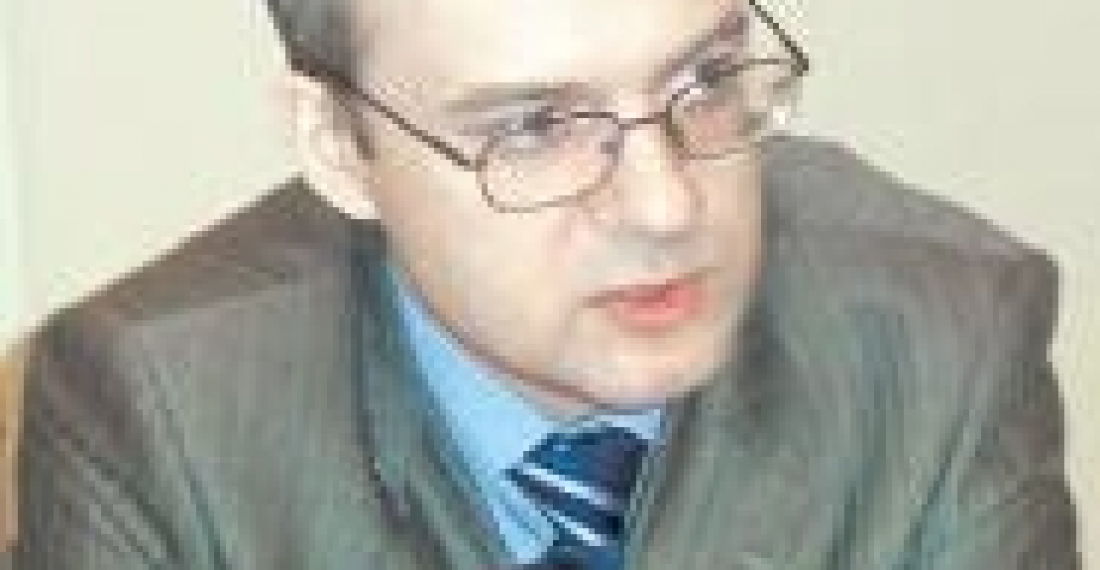In the last years the practice of ranking has evolved into a kind of fetish, a thing in itself, and now that the world economy is deteriorating it is no longer worthy of credit. Today high ranks are often given to things that turn into nothing tomorrow and the word of honor has become a commodity, something you can buy, Sergey Grinyaev, Director General of the Russian Center of Strategic Assessment and Forecasts, said in an interview to ArmInfo.
To remind, Forbes has ranked Armenia as the world's second worst economy among Madagascar, Guinea, Ukraine and Jamaica.
"The economic situation in Armenia is actually complicated. The major problems that emerged some two-three years ago are still dominant. One of the major factors preventing economic stability in Armenia is the heavy dependence of the budget revenues on the earnings of the Armenians working outside the country," Grinyaev said.
He said that geo-politics also have a big influence on the Armenian economy. Quite active a few years ago Armenian-Iranian economic relations are slowing down, with no stir observed under the projects to be expectedly stirred by improving relations with Turkey.
"It is a hard job to develop economic ties. It may take you years to attain economic efficiency but just one day to lose it. Russia has gone through it in its relations with Belarus. So, foreign and internal political stability and clear vision of development targets are really crucial for the improvement of the Armenian economy," Grinyaev said.







